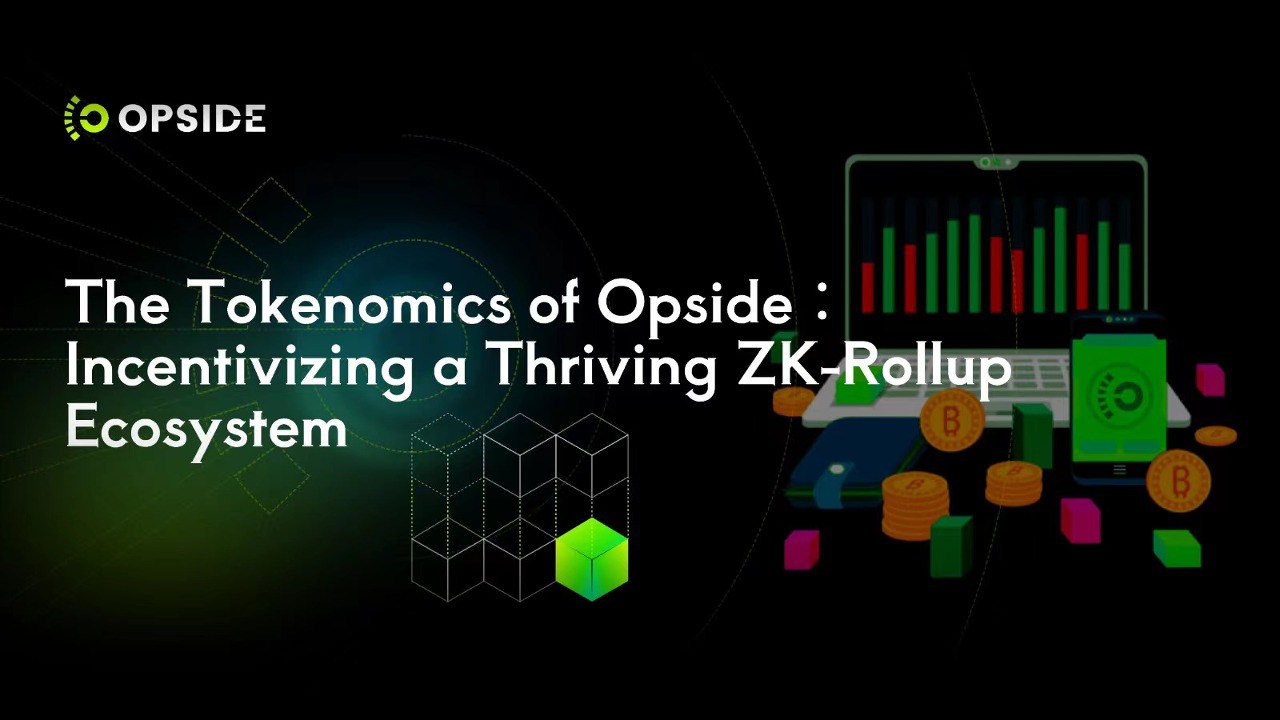Hong Kong, May 4, 2023, ZEX PR WIRE, offers ZK-Rollup-as-a-Service with a decentralized three-layer network, combining PoS and PoW consensus. It provides scalable zkEVM chains for Web3 developers, tackling Layer 2 limitations with a unique design. With rapid transactions, minimal fees, and easy ZK-Rollup project deployment, Opside supplies essential hardware resources and enables seamless asset transfers.

ZK-RaaS
Opside’s ZK-RaaS offers one-click ZK-Rollup generation, with developers easily deploying projects on L3 using a general SDK. Renting a Rollup slot provides an independent execution environment and full ZK-Rollup control. Developers can customize economics, adjusting gas fees without hardware expenses, as the hybrid PoS/PoW consensus supplies necessary resources.
PoS & PoW Hybrid Consensus
Opside uses a hybrid PoS & PoW consensus to address ZK-Rollup demands for ZKP computation. The network incorporates obsolete Ethereum miners, FPGAs, and GPUs, incentivizing participants with its economic model. Layer 2 (L2) uses PoS, inspired by ETH 2.0, with validators earning rewards and fees. Layer 3 (L3) uses PoS for sequencers and PoW for provers, who generate ZK proofs. Opside balances PoS and PoW, improving performance for large-scale ZK-Rollups networks while supporting users, developers, node operators, and miners. This fosters a decentralized, scalable, and secure environment for blockchain applications, promoting ZK-Rollup adoption.
Token supply and demand
Opside’s IDE token allocation includes 10% for venture funding, 14% for the team, 15% for the community, 28% for the foundation, and 33% as rewards for validators and miners. The hybrid PoS and PoW consensus divides block rewards between validators and miners, with a dynamic ratio based on ZKP computational power demand and supply.

- The Rewards of PoS
PoS rewards are based on an enhanced ETH 2.0 consensus. Validators stake IDE, verify new blocks, and can lose staked tokens for dishonest behavior. Opside plans to support EIP-4844 and Data Availability Sampling (DAS) for efficient verification.
- The Rewards of PoW
PoW rewards support ZK-Rollup hardware requirements through a unified ZKP computation marketplace. The Pre-Alpha phase has a fixed PoW reward share, but future workload estimates will determine individual pricing. To prevent attacks, a two-step ZKP submission mechanism is proposed, involving submitting the hash and ZKP separately.
Prover staking and slashing are implemented to avoid malicious behavior. Provers must stake 100,000 IDE and face penalties for misconduct. Slashed IDEs are burned.

- Rollup Slot Rental for Developers
Opside offers developers a ZK-Rollup launch platform, with one-click Rollup slot registration. Developers pay rent to the Opside network, which is burned. In the Alpha testnet, additional ZKP subsidies will incentivize miners to supply computational power.
Governance and Development
Opside network’s future improvements include dynamically scaling PoS to PoW rewards, enhancing data storage capacity, separating proposer and builder roles, optimizing staking and slashing mechanisms, and establishing personalized pricing for Rollup batches. These enhancements will boost utility and promote ZK-Rollup as a Service development. An Opside DAO will be established after the main network launch to collectively decide on updates, ensuring a collaboratively built, evolving economy. Future improvements come as DAO proposals, aiming to benefit all participants and establish an independent, robust economy without extensive tools and subsidies.
Original link: https://mirror.xyz/opsidezk.eth/jIHaoowya4XG50zYtqhJ_WS14dl8vYKYspknSTP3vgY
Discord: discord.gg/vazMR527E5
Disclaimer: The views, suggestions, and opinions expressed here are the sole responsibility of the experts. No Unique Analyst journalist was involved in the writing and production of this article.
